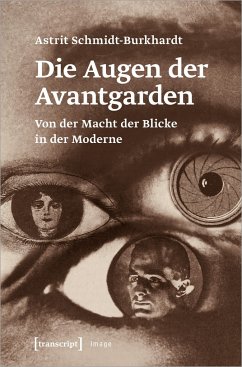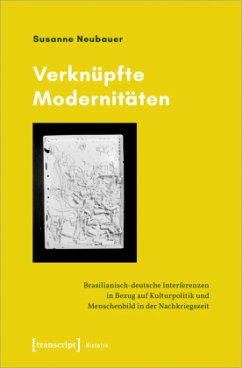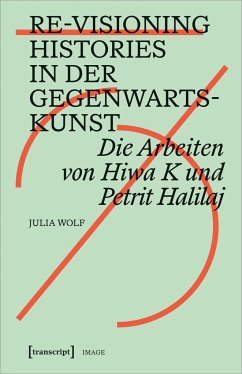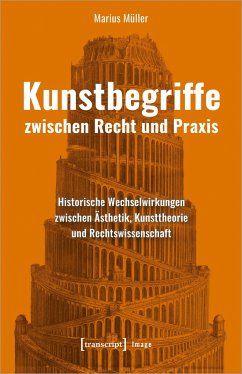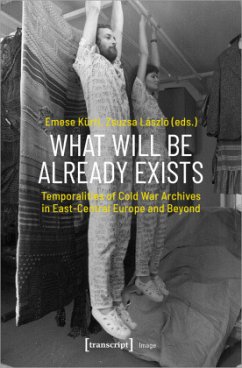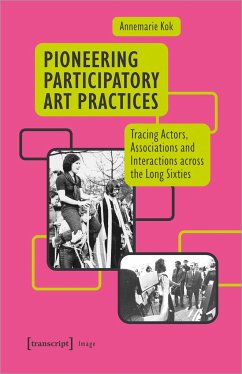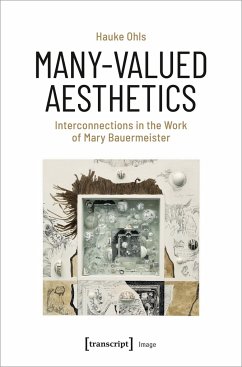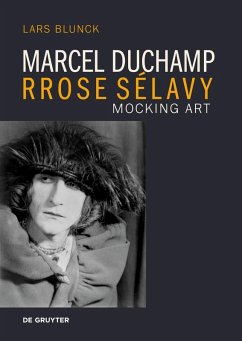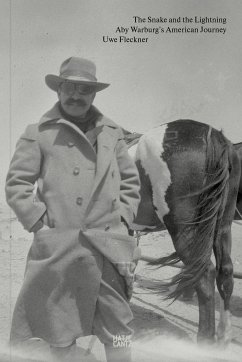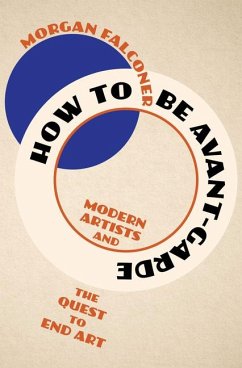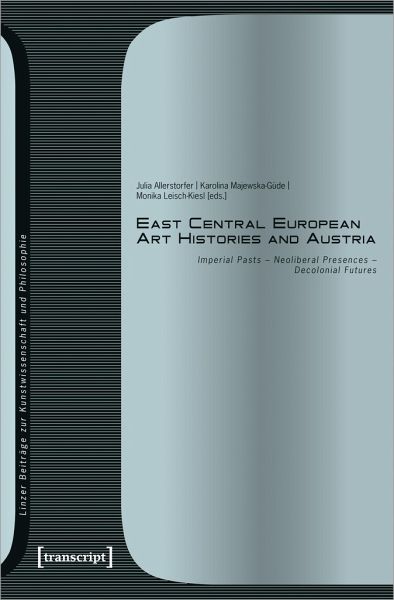
East Central European Art Histories and Austria
Imperial Pasts - Neoliberal Presences - Decolonial Futures
Herausgegeben: Majewska-güde, Karolina; Leisch-Kiesl, Monika
Versandkostenfrei!
Sofort lieferbar
30,99 €
inkl. MwSt.

PAYBACK Punkte
15 °P sammeln!
The specific role of the Austro-Hungarian Empire and the later nation of Austria within the formation of regional art histories in East Central Europe has received little attention in art historical research so far. Taking into account the era of the Dual Monarchy as well as the period after 1989, the contributions analyze and critically scrutinize the imperial legacies, transnational transfer processes and cultural hierarchies in art historiographies, artistic practices and institutional histories. Consisting of 17 texts, with new commissions and one reprint, case studies, monographic essays ...
The specific role of the Austro-Hungarian Empire and the later nation of Austria within the formation of regional art histories in East Central Europe has received little attention in art historical research so far. Taking into account the era of the Dual Monarchy as well as the period after 1989, the contributions analyze and critically scrutinize the imperial legacies, transnational transfer processes and cultural hierarchies in art historiographies, artistic practices and institutional histories. Consisting of 17 texts, with new commissions and one reprint, case studies, monographic essays and interviews grouped thematically into two sections, the anthology proposes a pluriversal narrative on regional, cultural and political contexts.



